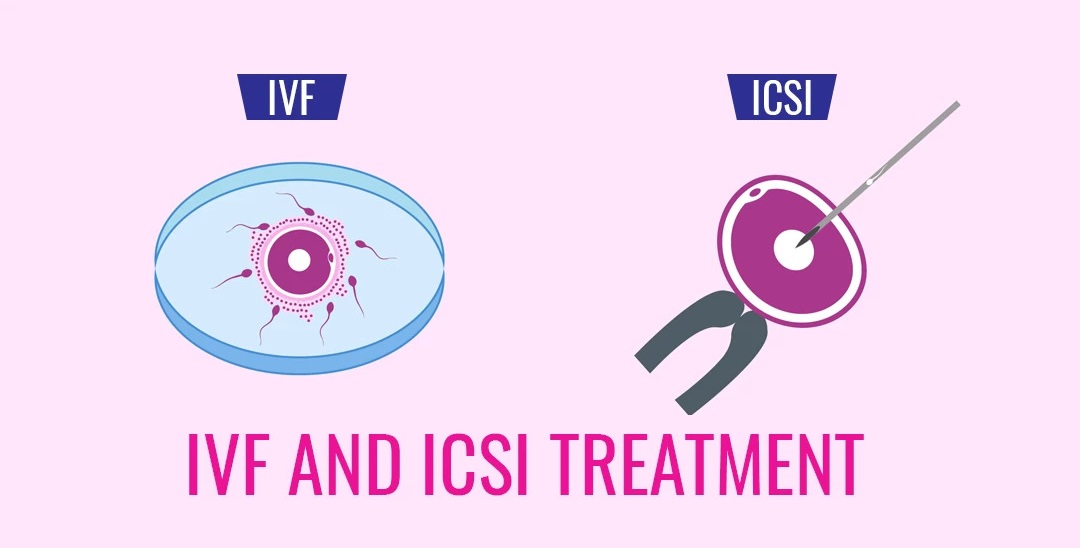In-vitro fertilization (IVF) and intracytoplasmic sperm injection (ICSI) are advanced assisted reproductive technologies used to help individuals and couples conceive when facing infertility. IVF involves retrieving eggs from a woman’s ovaries and fertilizing them with sperm in a laboratory setting, allowing the resulting embryo(s) to develop before being transferred to the uterus. ICSI is a specialized form of IVF where a single sperm is directly injected into an egg, often used in cases of male infertility or when previous IVF attempts have failed. Both methods have significantly increased the chances of pregnancy for many people and represent major breakthroughs in reproductive medicine.
Key Steps in IVF/ICSI Procedure
- Ovarian stimulation using fertility medications
- Egg retrieval through a minor surgical procedure
- Sperm collection and preparation
- Fertilization (standard IVF or ICSI) in the lab
- Embryo culture and monitoring
- Embryo transfer into the uterus
- Pregnancy testing after about two weeks
When IVF/ICSI is Recommended
- Unexplained infertility
- Blocked or damaged fallopian tubes
- Low sperm count or poor sperm quality
- Previous failed fertility treatments
- Endometriosis or ovulation disorders

